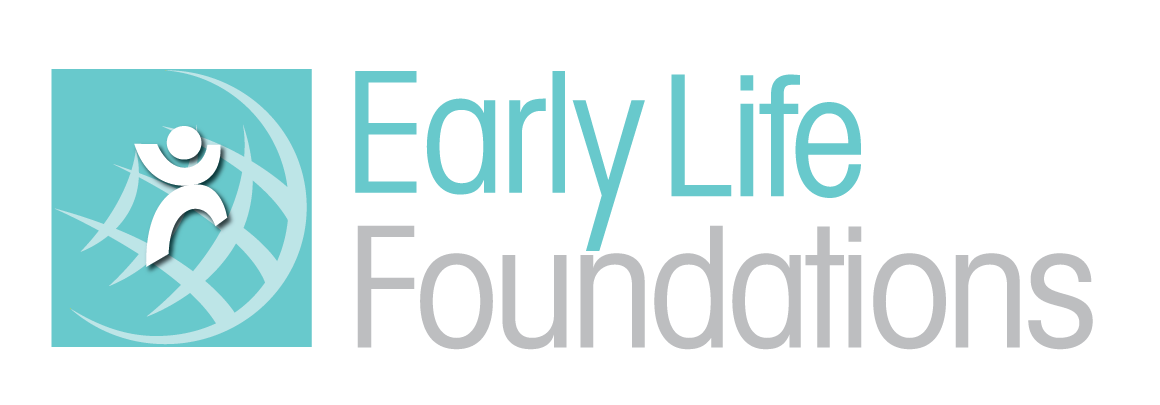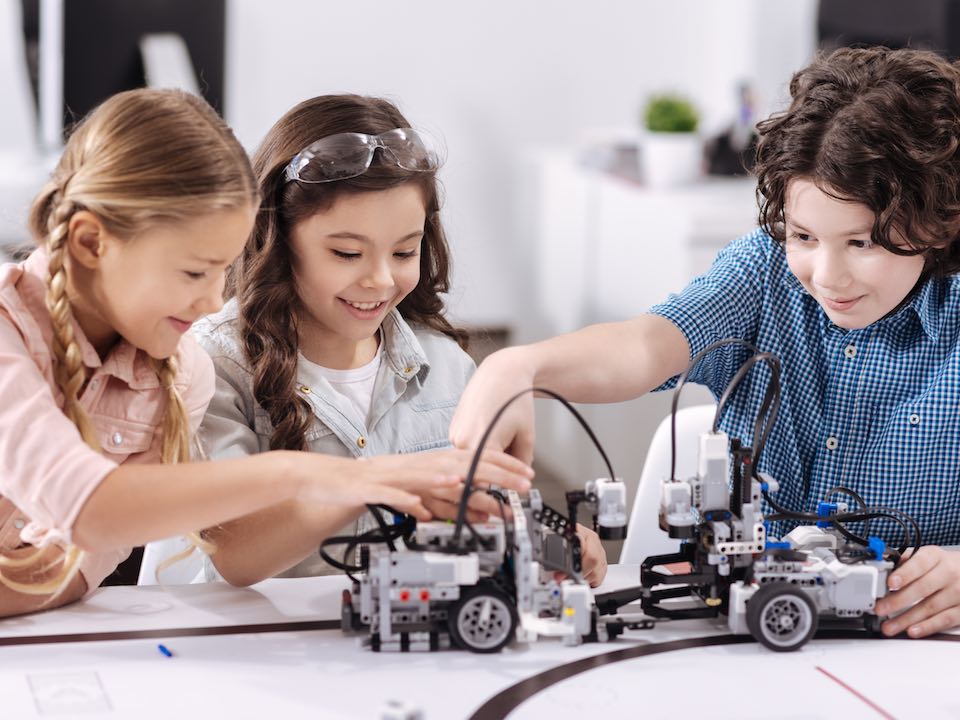- Learning intentions should be broad and related to conceptual understandings / demonstration of skills/ knowledge and aiming to meet the main aim of the subject focus.
- Integrating the ERP with other curriculum areas (such as numeracy and literacy) is facilitated and personalised by the educators in their planning and in discussion/negotiation with the student. ERP’s are able to incorporate elements of literacy and numeracy, IT, Art and other specialist areas. Literacy and numeracy skills can link to ERP’s and tasks related to literacy and numeracy (but linked to ERP’s) may be conducted during literacy and numeracy lessons.
- Links with other curriculum area may be the same task for all students or may be personalised on an individual or small group basis.
- Children usually work alone on their ERP. They are initially introduced to a range of ways to research, use tools and presentation skills, which they apply as they work on their ERP.
- Students present their learning related to the ERP, literacy, numeracy and other related learning to the school community each term in an Expo to parents, teachers and other students a few weeks before the end of teaching term
- When students are asked about their learning in ERP’s, they should be able to reply along the lines of:
“The subject focus for this term was economics. Our key learning intentions and aims included budgeting, saving and marketing. My numeracy component was to include a spreadsheet to demonstrate the skill of data collection and my literacy component was to demonstrate my ability to write a persuasive text. My particular interest is in skateboarding and so I am incorporating into my research project some aspects of skateboarding which had to include: budgeting, marketing, a persuasive text and the data collection. I used IT, PowerPoint, I designed and constructed a 3 dimensional skateboard which I wrote some of the information about marketing and budgeting”.
Integrating ERP with Other Curriculum Areas
There are endless ways students can link some of their own life and learning to components of the ERP learning intentions and in parallel linking to literacy and numeracy and other curriculum areas. The table below provides typical examples of how this may be achieved.
NOTE: Teacher instruction, immersion and a range of activities throughout the term are also being included to ensure that the key elements of the subject focus content and aims are fulfilled. Assessment pieces, excursions and class activities are still continued throughout the term.
Broad subject focus
Overarching Sentence
Links to numeracy, literacy and other curriculum areas
(Either for the whole class or personalised for individual students)
Education Research Project
Student Interest: skate boarding
Economics
For the students to be introduced to concepts related to budgeting, saving, marketing
Include:
- A spreadsheet
- Plan a budget
- Persuasive text
- Develop a fundraising and marketing campaign to build a skate park.
- Provide detailed account of one of the fundraising events
- Demonstrate my budget for the fundraising event in a spreadsheet.
- Write a letter to the local council to persuade the council to fund the skate park project
- Design a skate park
Broad subject focus
Overarching Sentence
Links to numeracy, literacy and other curriculum areas
(Either for the whole class or personalised for individual students)
Education Research Project
Student Interest: skate boarding
History
For the students to investigate how technology and the environment have influenced change in society
Include:
- A timeline
- An element of design and technology
- Research the evolution of the design of skate boards and display in a timeline
- Describe and analyse the mechanisms that have influenced this evolution in design (this could include aspects of society, materials used in the skateboard, the wheel bearings, the evolution of skate boarding from leisure to a sport)
- Design & create my own skateboard using a 3 D printer
- Design and create my own skateboard logo
Health & Fitness
For the students to be introduced to the major components of fitness and how these influence health
Include:
- Design, undertake and transcribe an interview related to fitness and health
- A flow diagram that describes a movement or a nutrition process
- Fitness components required for high level skateboarding
- Video a “360 flip” and analyse the body movements required to initiate and complete the manoeuvre and represent in a flow diagram
- Interview high profile skateboarder about their training schedule and fitness goals


